
The Best Games of 2016
There’s no getting away from it; 2016 has been a year most people would prefer to forget. Perhaps the only saving grace of this year is that it has been a pretty fantastic one for games. We’ve witnessed the return of the immersive sim in remarkable fashion, and the single-player FPS has come back fighting with a couple of surprisingly great entries. Many indie games have been released that rival the quality of the largest budget mainstream titles, and a few of the most hallowed game series have closed out their stories in exceptional fashion.In fact, this year it was really tough to narrow this list down, with four or five games contending for the number one spot alone. But we eventually managed to whittle them down. As always, we count down from 11 rather than 10, because we're special like that. Without further ado, here’s bit-tech’s best games of 2016.
11. Firewatch
Rick: Campo Santo’s gorgeous hiking simulator was a refreshing change of pace in so many ways. It demonstrated that an open world doesn’t have to be massive and filled with cookie-cutter activities to be engaging. It also proved that it’s possible to make a compelling game about everyday life, that games don’t need to be apocalyptic or fantastical to arrest the player’s attention. What they need are strong characters, a great script, and a world that’s worth exploring.Firewatch presents us with all this and more. In fact, it’s almost a shame that, halfway through, Firewatch ditches its more sedate story about loneliness and companionship in favour of a mystery thriller fraught with doubt and paranoia. This is still thoroughly entertaining and makes great use of Firewatch’s open world, tactile systems, and walkie-talkie conversation. But it’s a testament to the game’s powerful characterisation and believable world-building that this stuff, while fun, felt unnecessary.
10. Doom
Rick: It just goes to show what a fantastic year for games it has been that id’s splendid Doom reboot is number 10 on our list. While ostensibly nu-Doom was about going back to the series’ roots, id-Tech’s approach was more to pull those roots out of the ground, consume them, and then use them as fuel with which to forge a new path based on its understanding of Doom’s heritage.It wasn’t a perfect game. Doom’s multiplayer was a bit rubbish, and overall it doesn’t quite match the purity of the original. But nu-Doom more than made up for that with a rip-roaring single-player. Each of Doom’s demonic battles was a thrilling, ever-shifting puzzle solved entirely with fists and guns. The hotly debated 'glory kills' feature proved to be an incredibly smart way of keeping the action going as you tore health and ammo out of your opponents’ flesh. Yet Doom isn’t so much a celebration of violence as it is a celebration of kinesis. It’s all about the joy of movement, of thinking on your feet. These may be simple pleasures, but Doom is no less glorious for them.
9. Titanfall 2
Rick: If you’d told me back in May that we’d get a better shooter than Doom this year, I’d have punched a hole in your chest with my massive green fist. But then Respawn came along and delivered a truly stunning sequel to 2014’s acrobatic multiplayer shooter.Not only did Titanfall 2 iterate in some smart ways on the multiplayer template laid out by the original, it also provided us with the best single-player FPS campaign this year. Its plot centred around a surprisingly emotional tale about a Titan pilot and his giant, hulking, death-spewing robot buddy BT, and the campaign smartly adjusted its multiplayer mechanics for solo play, using the pilot’s double-jump and wall-running skills to create some fiendish environmental puzzles, while BT’s fearsome arsenal set the stage for some hugely impressive battle-scenes.
But where Titanfall 2 really excelled was in its ingenious mission design, from dashing through a gigantic assembly line which played brilliantly with the player’s perception of space to Effect and Cause’s ingenious time manipulation-based puzzling. Titanfall 2 introduced so many ideas in its five-hour running time that it could easily have been twice that length and still remained a spellbinding experience.

MSI MPG Velox 100R Chassis Review
October 14 2021 | 15:04

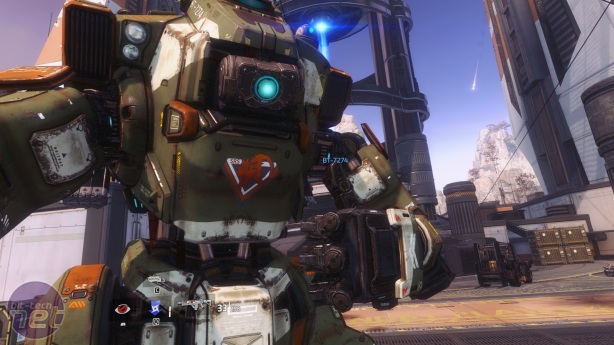
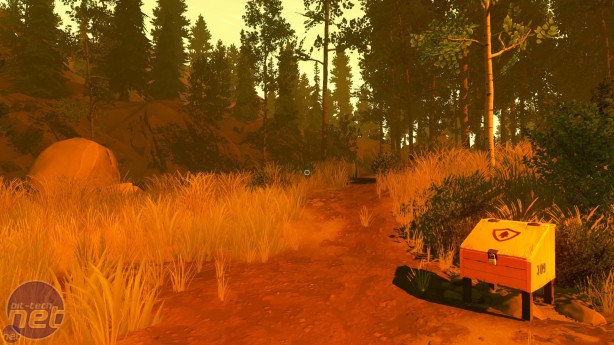
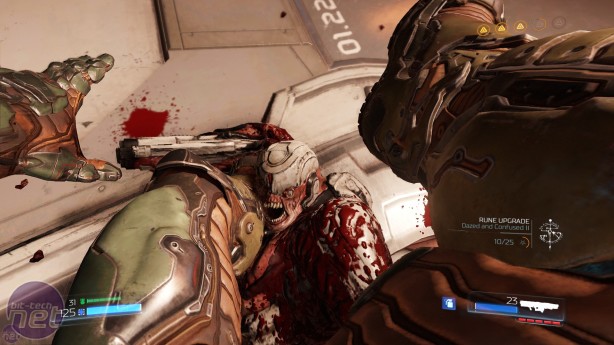
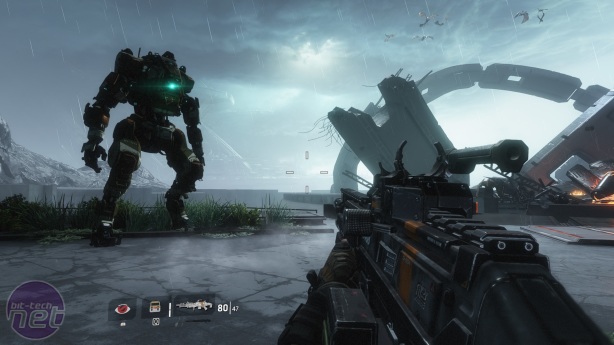
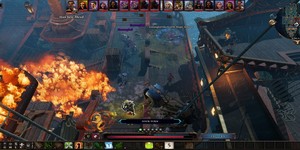







Want to comment? Please log in.